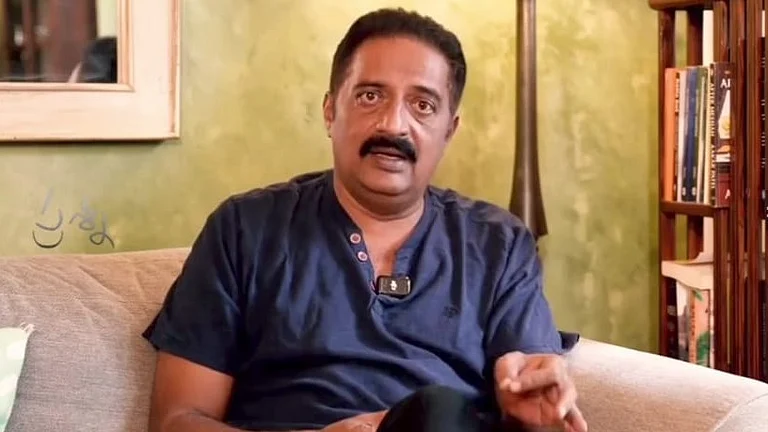LAST fortnight, Bharti Enterprises launched India's first-ever private basic telephone service in Indore. Within days of the launch, it has become a test case of how the introduction of competition in an area that has till now been a monopoly can change the consumers' lot. The locals of Indore have never had it so good.
The start of the Bharti service has made the dream of 'phone on demand' a reality. And the Department of Telecom (DOT), the sole provider of the service in Indore till now, has suddenly been transformed into an aggressive player. So whichever service the consumer opts for—public or private—he wins.
Bharti's launch has DOT worried, since it is targeting high revenue subscribers, with the promise of "India's first world class telephone service". Like in any other city, 80 per cent of DOT Indore's Rs 130 crore of revenues comes from 20 per cent of the subscribers. To wean these high-revenue customers away, Bharti has launched a blitz of promotional schemes. The private operator's claim: that it will turn POTS (plain old telephone services) into PANS (pretty amazing new services).
Bharti is offering high-end subscribers discounts up to 12.5 per cent of the billed amount. In addition, it has planned an incentive for those who pay in time. As a result, DOT has been jolted out of its slumber. Says an official of DOT Indore: "I can assure you that we are preparing in right earnest to respond to the challenge."
A number of new services are in the offing. Such as 'phone on phone': potential subscribers can now book a telephone by simply calling DOT. Then there's the intelligent network system—which helps convert POTS to PANS—and an account holder system, a personalised service for high revenue subscribers who will deposit a sum with the DOT, the bill being automatically deducted from the corpus while the balance earns 12 per cent interest. Indore telecom officials have also asked DOT for permission to consolidate its network on the wireless-in-local-loop architecture, which Bharti is using.
Says Madhya Pradesh circle chief general manager A.P. Bhatnagar: "For business customers, DOT would try to install the telephone within two days." Linesmen are being provided with pagers to ensure that the response time to complaints is reduced from a day earlier, to an hour! All this, for same prices as charged all over the country.
The changing nature of the DOT's operations in Indore caught the attention of Tele-com Regulatory Authority of India chairman S.S. Sodhi. He admitted to a group of telecom executives at a seminar recently: "It (the launch of private services) has had a change in the attitude of DOT there."
Meanwhile, Bharti is gung-ho. If the projections for the Madhya Pradesh circle (each telecom circle is roughly equivalent to a state's boundary), for which Bharti has the licence, are anything to go by, profits are expected to accrue from the third year of operations. By then, the company would have invested just under Rs 1,000 crore in the state, a figure which will swell to Rs 4,000 crore later.
The start of Bharti's service calls for sighs of relief, since the privatisation of basic services has been mired in red tape, litigation and all-round confusion for quite a while now. Bharti has managed this feat thanks to the WLL technology, which doesn't need wires between the subscribers' premises and the last junction, handling the signals with a wireless receiver, saving on time and costs. On the eve of the launch of the new service, a visibly emotional Sunil Mittal, chairman of Bharti Enterprises, told Outlook: "We would've been very unhappy had we not been the first private operators to offer the fixed line (basic telephone) service. "
For DOT, this marks the beginning of competition. Within the next year, private basic services are expected to commence in Gujarat (operator: Reliance), Andhra Pradesh (Tata Teleservices) and Maharashtra (Hughes Ispat). Over the next three years, Bharti expects to expand its network to 2.25 lakh lines, including a commitment to install 11 per cent of its lines in rural areas.
Besides ensuring better services to subscribers—in Indore for the moment, and rest of the state later—the investments in the state could also have spinoff benefits for the local economy. Particularly because, globally, the market capitalisation of the telecom sector is second only to healthcare and banking. Even DOT isn't complaining.


























